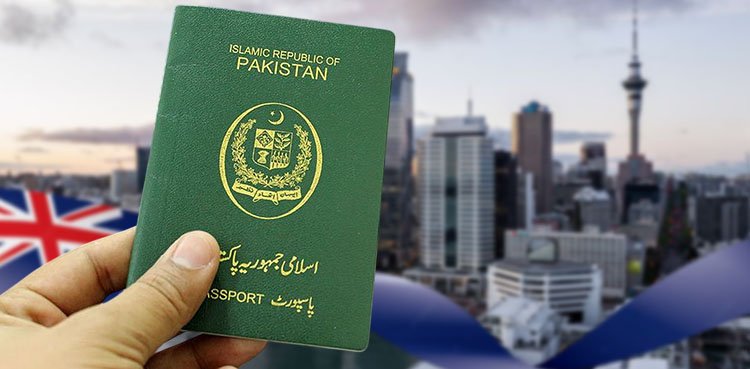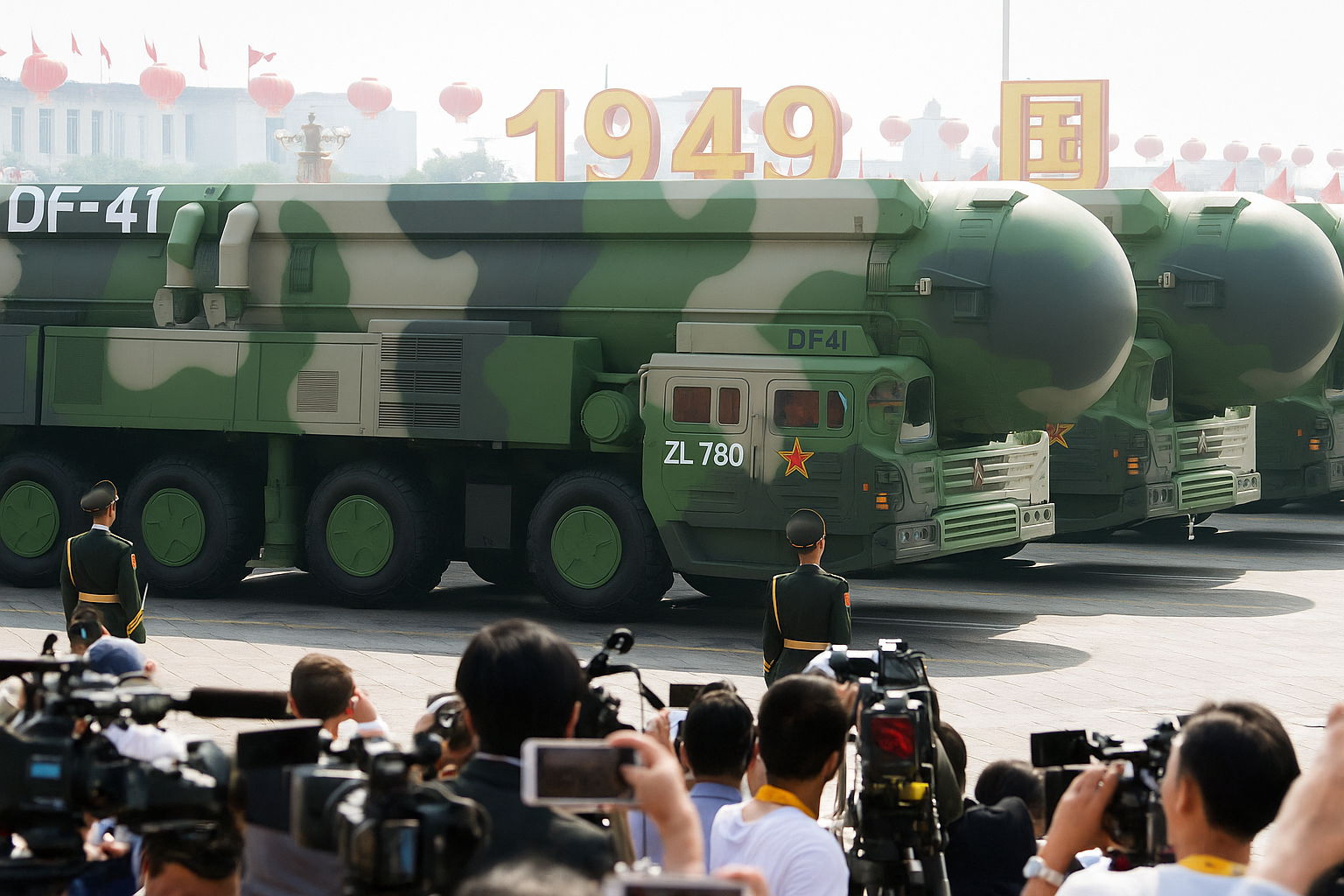Bilawal Calls Fawad ‘Idiot’ Amid Indus Waters Treaty Dispute and National-Provincial Tensions
By TN Web Desk | Updated: June 28, 2025
In a heated online exchange that captured the nation’s attention, Pakistan Peoples Party (PPP) Chairman Bilawal Bhutto Zardari lashed out at former Pakistan Tehreek-e-Insaf (PTI) leader Fawad Chaudhry, calling him an “idiot” after Fawad criticized Bilawal’s comments about India’s suspension of the Indus Waters Treaty (IWT). The argument, which played out on social media platform X (formerly Twitter), exposed not only personal political rivalries but also deep-rooted sensitivities about national identity, historical interpretation, and regional politics.
The Background: Diplomatic Win at The Hague
The drama began after Pakistan received a diplomatic boost from the Permanent Court of Arbitration in The Hague. In a significant ruling, the court upheld Pakistan’s long-standing position that India cannot unilaterally suspend the Indus Waters Treaty — a critical agreement that governs the sharing of river waters between the two South Asian neighbors.
The Indus Waters Treaty, signed in 1960 with the mediation of the World Bank, has served as a water-sharing agreement between India and Pakistan for over six decades. It allocates the western rivers (Indus, Jhelum, and Chenab) to Pakistan, while India retains the right to use the eastern rivers (Ravi, Beas, and Sutlej). Despite multiple wars and tensions, the treaty remained intact — until recently.
Following a militant attack in Indian Illegally Occupied Jammu and Kashmir (IIOJK) in April 2025 that claimed the lives of 26 people, India accused Pakistan of involvement, a charge Islamabad vehemently denied. In retaliation, New Delhi held the treaty “in abeyance” and halted bilateral discussions on the issue. The Indian action triggered international concern and led Pakistan to challenge the move through diplomatic and legal channels.
The recent ruling from The Hague reaffirmed that neither India nor Pakistan can unilaterally alter or suspend the treaty. The arbitration court emphasized the importance of following the treaty’s dispute resolution mechanisms and maintaining bilateral cooperation over shared water resources.
Bilawal’s Statement: “Sindhu Pay Hamla Na Manzoor”
Following the ruling, Bilawal Bhutto Zardari took to X to share his thoughts. Framing the issue with civilizational weight, he wrote:
“Sindhu pay hamla na manzoor. India’s unilateral decision regarding the Indus Water Treaty have no bearing in international law.”
By referring to the Indus River as “Sindhu,” Bilawal invoked the ancient name of the river, linking the issue to the thousands-year-old Indus Valley Civilization — widely considered the cradle of South Asian civilization. The PPP leader intended to emphasize that the river is not just a geographical entity but a symbol of shared national heritage that transcends provincial boundaries.
Fawad’s Response: Misinterpretation and Accusation
Fawad Chaudhry, however, perceived the statement differently. Interpreting “Sindhu” as a reference to Sindh province, he accused Bilawal of reducing a national issue to a provincial one. In a critical post, Fawad said:
“This is an attack on Pakistan, not on Sindh — unless you have also joined Sindhu Daish under GM Syed family… BB would never have made such a statement.”
Fawad’s use of “Sindhu Daish” referred to a term associated with Sindhi nationalism and separatist ideologies. By invoking GM Syed — a prominent Sindhi nationalist and the ideological father of the Jeay Sindh movement — Fawad sought to link Bilawal’s statement to regional separatist rhetoric.
Moreover, he brought Bilawal’s late mother, Benazir Bhutto, into the mix, suggesting that she would never have made such a “divisive” comment — a remark that further stoked tensions.
Bilawal Hits Back: “You Idiot”
Bilawal swiftly and bluntly responded, calling Fawad an “idiot” and clarifying the meaning of his original post:
“You idiot. Sindhu River is the Indus River. The Indus Valley civilisation belongs to all of Pakistan.”
He further explained the historical etymology of the term “Sindhu,” pointing out that the English word “Indus” comes from the Greek “Indos,” which itself was derived from the Persian pronunciation of the original Sanskrit name “Sindhu.” The PPP chairman stressed that the river is a national treasure and that referring to it by its historical name is not a provincial assertion but a celebration of shared identity.
Fawad Doubles Down
Instead of backing down, Fawad continued the spat by launching a personal attack on Bilawal’s political legitimacy:
“Obviously you have no knowledge of politics on Sindhu. That’s the problem when you become chairman on a fake will and not through political process.”
This remark referred to the controversy surrounding the will of Benazir Bhutto, which named Bilawal as her political successor after her assassination in 2007. Critics have long alleged that Bilawal’s leadership was the result of inheritance rather than merit.
Political and Historical Implications
While the exchange may seem like another political Twitter spat, the controversy carries broader implications. First, it reflects the deep sensitivities involved in the interpretation of historical and cultural symbols in Pakistan. The word “Sindhu” may be ancient, but in a volatile political environment, even terminology rooted in thousands of years of history can spark accusations of separatism.
Second, the incident underscores the lingering distrust and division between leaders of former ruling parties — PPP and PTI — and the extent to which personal rivalries have supplanted issue-based politics.
Third, and perhaps most critically, the episode distracts from the real and urgent issue at hand: the potential water crisis between India and Pakistan, two nuclear-armed neighbors with a history of conflict.
Government’s Official Position
Amid the war of words between political figures, the federal government maintained a more measured tone. Responding to the Hague ruling, Islamabad reaffirmed its commitment to the Indus Waters Treaty and reiterated that Pakistan will continue to honor the treaty’s framework for dispute resolution.
Prime Minister Shehbaz Sharif also addressed the matter publicly, using the opportunity to extend a hand of diplomacy to India:
“Pakistan is ready to engage in a meaningful dialogue with India on all outstanding issues, including Jammu & Kashmir, water, trade and terrorism.”
The Prime Minister’s statement aimed at de-escalating tensions and moving toward renewed talks — a difficult yet crucial path considering the violent exchanges that took place just weeks earlier.
Water Wars: A Brewing Crisis
The Indus Waters Treaty has long been hailed as a rare example of cooperation between India and Pakistan. However, experts warn that rising populations, increased irrigation needs, and climate change are putting the treaty under increasing strain.
India’s recent suspension of the treaty, even if ruled illegitimate by the Permanent Court of Arbitration, signals a dangerous precedent. If either country begins to see the treaty as optional or contingent upon broader political disagreements, the entire mechanism could unravel — sparking further conflict.
Pakistan relies heavily on the Indus basin for its agriculture, drinking water, and hydroelectric power. Any disruption to the flow of these rivers from India upstream could be catastrophic, making the dispute over water management one of national survival rather than mere diplomatic posturing.
Social Media Reactions
As the exchange between Bilawal and Fawad unfolded, social media erupted. Hashtags like #SindhuNotSindh, #FawadVsBilawal, and #IndusWaters trended for hours. Supporters of both camps took to X and other platforms to voice their opinions.
PPP supporters praised Bilawal for standing up to what they described as “ignorant nationalism” and commended his knowledge of history. PTI loyalists, on the other hand, backed Fawad, accusing Bilawal of misusing cultural language to stir emotional reactions.
Neutral observers expressed dismay at how a significant national victory at the international level was overshadowed by a petty online feud.
______________________________________________________________________
Alexandra Daddario reveals biggest regret about her acting career 7
Read This Artical
______________________________________________________________________
Conclusion: A Missed Opportunity for Unity
At a time when Pakistan faces mounting international pressure, environmental challenges, and regional instability, unity on core national issues like water security is more critical than ever. The Indus Waters Treaty dispute with India is not just a diplomatic issue — it is a matter of national security, human survival, and regional peace.
Instead of uniting behind the government’s legal win and using it as leverage to call for broader cooperation, political leaders chose to focus on individual rivalries and historical misunderstandings.
Bilawal Bhutto Zardari’s statement, though historically and factually grounded, opened the door for misinterpretation — a reminder that in politics, clarity matters as much as symbolism. Fawad Chaudhry’s inflammatory response only deepened the divide, showing how even language rooted in national heritage can be twisted to serve short-term political goals.
In the end, while the court in The Hague may have ruled in Pakistan’s favor, the political court of public opinion remains as divided as ever.
The Background: Diplomatic Win at The Hague
The drama began after Pakistan received a diplomatic boost from the Permanent Court of Arbitration in The Hague. In a significant ruling, the court upheld Pakistan’s long-standing position that India cannot unilaterally suspend the Indus Waters Treaty — a critical agreement that governs the sharing of river waters between the two South Asian neighbors.
The Indus Waters Treaty, signed in 1960 with the mediation of the World Bank, has served as a water-sharing agreement between India and Pakistan for over six decades. It allocates the western rivers (Indus, Jhelum, and Chenab) to Pakistan, while India retains the right to use the eastern rivers (Ravi, Beas, and Sutlej). Despite multiple wars and tensions, the treaty remained intact — until recently.
Following a militant attack in Indian Illegally Occupied Jammu and Kashmir (IIOJK) in April 2025 that claimed the lives of 26 people, India accused Pakistan of involvement, a charge Islamabad vehemently denied. In retaliation, New Delhi held the treaty “in abeyance” and halted bilateral discussions on the issue. The Indian action triggered international concern and led Pakistan to challenge the move through diplomatic and legal channels.
The recent ruling from The Hague reaffirmed that neither India nor Pakistan can unilaterally alter or suspend the treaty. The arbitration court emphasized the importance of following the treaty’s dispute resolution mechanisms and maintaining bilateral cooperation over shared water resources.
Bilawal’s Statement: “Sindhu Pay Hamla Na Manzoor”
Following the ruling, Bilawal Bhutto Zardari took to X to share his thoughts. Framing the issue with civilizational weight, he wrote:
“Sindhu pay hamla na manzoor. India’s unilateral decision regarding the Indus Water Treaty have no bearing in international law.”
By referring to the Indus River as “Sindhu,” Bilawal invoked the ancient name of the river, linking the issue to the thousands-year-old Indus Valley Civilization — widely considered the cradle of South Asian civilization. The PPP leader intended to emphasize that the river is not just a geographical entity but a symbol of shared national heritage that transcends provincial boundaries.
Fawad’s Response: Misinterpretation and Accusation
Fawad Chaudhry, however, perceived the statement differently. Interpreting “Sindhu” as a reference to Sindh province, he accused Bilawal of reducing a national issue to a provincial one. In a critical post, Fawad said:
“This is an attack on Pakistan, not on Sindh — unless you have also joined Sindhu Daish under GM Syed family… BB would never have made such a statement.”
Fawad’s use of “Sindhu Daish” referred to a term associated with Sindhi nationalism and separatist ideologies. By invoking GM Syed — a prominent Sindhi nationalist and the ideological father of the Jeay Sindh movement — Fawad sought to link Bilawal’s statement to regional separatist rhetoric.
Moreover, he brought Bilawal’s late mother, Benazir Bhutto, into the mix, suggesting that she would never have made such a “divisive” comment — a remark that further stoked tensions.
Bilawal Hits Back: “You Idiot”
Bilawal swiftly and bluntly responded, calling Fawad an “idiot” and clarifying the meaning of his original post:
“You idiot. Sindhu River is the Indus River. The Indus Valley civilisation belongs to all of Pakistan.”
He further explained the historical etymology of the term “Sindhu,” pointing out that the English word “Indus” comes from the Greek “Indos,” which itself was derived from the Persian pronunciation of the original Sanskrit name “Sindhu.” The PPP chairman stressed that the river is a national treasure and that referring to it by its historical name is not a provincial assertion but a celebration of shared identity.
Fawad Doubles Down
Instead of backing down, Fawad continued the spat by launching a personal attack on Bilawal’s political legitimacy:
“Obviously you have no knowledge of politics on Sindhu. That’s the problem when you become chairman on a fake will and not through political process.”
This remark referred to the controversy surrounding the will of Benazir Bhutto, which named Bilawal as her political successor after her assassination in 2007. Critics have long alleged that Bilawal’s leadership was the result of inheritance rather than merit.
Political and Historical Implications
While the exchange may seem like another political Twitter spat, the controversy carries broader implications. First, it reflects the deep sensitivities involved in the interpretation of historical and cultural symbols in Pakistan. The word “Sindhu” may be ancient, but in a volatile political environment, even terminology rooted in thousands of years of history can spark accusations of separatism.
Second, the incident underscores the lingering distrust and division between leaders of former ruling parties — PPP and PTI — and the extent to which personal rivalries have supplanted issue-based politics.
Third, and perhaps most critically, the episode distracts from the real and urgent issue at hand: the potential water crisis between India and Pakistan, two nuclear-armed neighbors with a history of conflict.
Government’s Official Position
Amid the war of words between political figures, the federal government maintained a more measured tone. Responding to the Hague ruling, Islamabad reaffirmed its commitment to the Indus Waters Treaty and reiterated that Pakistan will continue to honor the treaty’s framework for dispute resolution.
Prime Minister Shehbaz Sharif also addressed the matter publicly, using the opportunity to extend a hand of diplomacy to India:
“Pakistan is ready to engage in a meaningful dialogue with India on all outstanding issues, including Jammu & Kashmir, water, trade and terrorism.”
The Prime Minister’s statement aimed at de-escalating tensions and moving toward renewed talks — a difficult yet crucial path considering the violent exchanges that took place just weeks earlier.
Water Wars: A Brewing Crisis
The Indus Waters Treaty has long been hailed as a rare example of cooperation between India and Pakistan. However, experts warn that rising populations, increased irrigation needs, and climate change are putting the treaty under increasing strain.
India’s recent suspension of the treaty, even if ruled illegitimate by the Permanent Court of Arbitration, signals a dangerous precedent. If either country begins to see the treaty as optional or contingent upon broader political disagreements, the entire mechanism could unravel — sparking further conflict.
Pakistan relies heavily on the Indus basin for its agriculture, drinking water, and hydroelectric power. Any disruption to the flow of these rivers from India upstream could be catastrophic, making the dispute over water management one of national survival rather than mere diplomatic posturing.
Social Media Reactions
As the exchange between Bilawal and Fawad unfolded, social media erupted. Hashtags like #SindhuNotSindh, #FawadVsBilawal, and #IndusWaters trended for hours. Supporters of both camps took to X and other platforms to voice their opinions.
PPP supporters praised Bilawal for standing up to what they described as “ignorant nationalism” and commended his knowledge of history. PTI loyalists, on the other hand, backed Fawad, accusing Bilawal of misusing cultural language to stir emotional reactions.
Neutral observers expressed dismay at how a significant national victory at the international level was overshadowed by a petty online feud.
Conclusion: A Missed Opportunity for Unity
At a time when Pakistan faces mounting international pressure, environmental challenges, and regional instability, unity on core national issues like water security is more critical than ever. The Indus Waters Treaty dispute with India is not just a diplomatic issue — it is a matter of national security, human survival, and regional peace.
Instead of uniting behind the government’s legal win and using it as leverage to call for broader cooperation, political leaders chose to focus on individual rivalries and historical misunderstandings.
Bilawal Bhutto Zardari’s statement, though historically and factually grounded, opened the door for misinterpretation — a reminder that in politics, clarity matters as much as symbolism. Fawad Chaudhry’s inflammatory response only deepened the divide, showing how even language rooted in national heritage can be twisted to serve short-term political goals.
In the end, while the court in The Hague may have ruled in Pakistan’s favor, the political court of public opinion remains as divided as ever.












